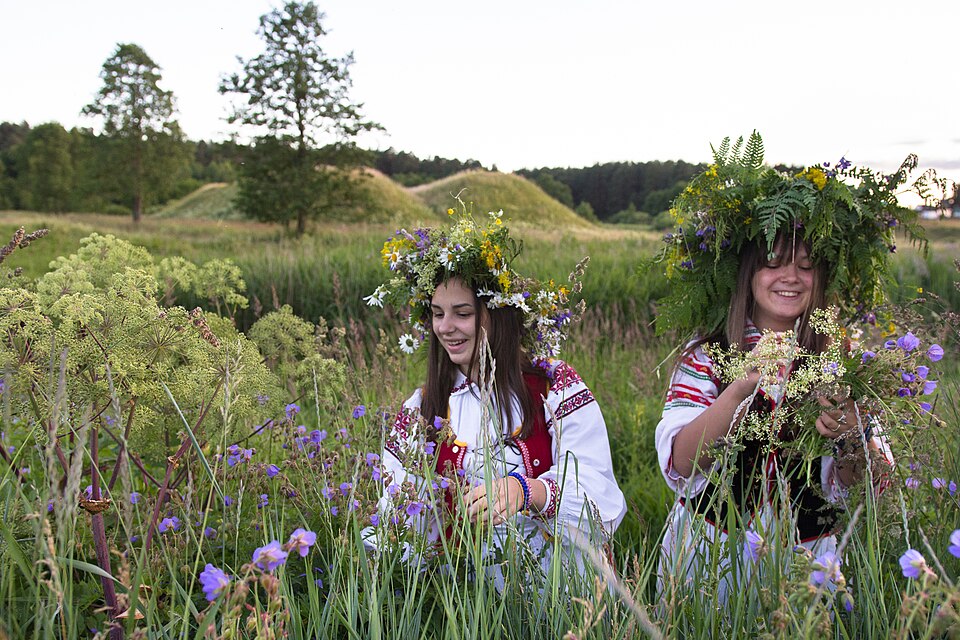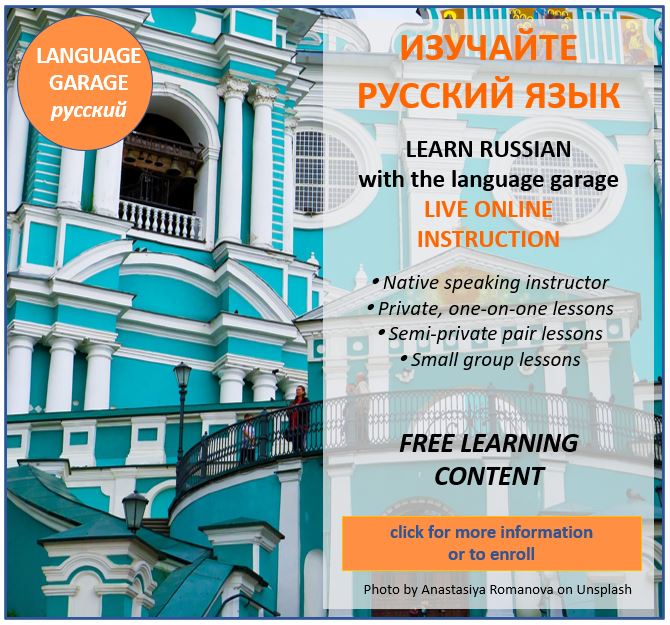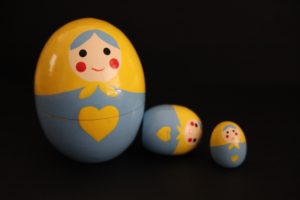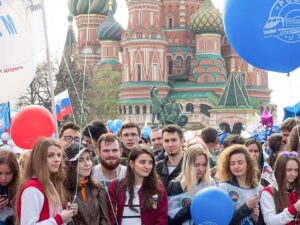Kupala Night in Russia: Ancient Magic and Summer Celebration
Иван Купала, Kupala Night, is a Slavic holiday steeped in mystery, romance, and ancient folklore. Russians celebrate it on the night of July 6–7, which on the Gregorian calendar corresponds to June 23-24 on the Julian calendar used by the Russian Orthodox Church. The holiday marks the summer solstice and combines pagan rituals with Christian traditions. Though not a public holiday in modern Russia, Kupala Night remains an important cultural and folkloric event. This is especially true in rural communities and among those interested in Slavic heritage.
Origins and History of Kupala Night in Russia
Kupala Night dates back to pre-Christian Slavic times, when the sun and nature were central to religious beliefs. The festival was originally devoted to the sun god Дажьбог and the fertility goddess Лада. The holiday’s name likely derives from the word купать(to bathe), symbolizing purification by water. When Christianity spread through Kievan Rus in the 10th century, the holiday was adapted to coincide with the feast day of St. John the Baptist (Иван in Russian). This gave the celebration its modern name: Иван Купала.
The blending of pagan and Christian elements has given Kupala Night a unique dual identity. On one hand, it retains its mystical, naturalistic character. On the other, it incorporates aspects of the Christian tradition, such as the association with baptism and purification.
Celebrations and Traditions of Kupala Night in Russia
Kupala Night is traditionally celebrated outdoors near rivers, lakes, or in meadows, with bonfires and folk songs echoing through the night. The festivities often begin at sunset and continue until dawn. The holiday is especially popular in western Russia, Belarus, and Ukraine, though similar festivals exist across Eastern Europe.
Some of the most iconic traditions include:
- Прыгать через костры (jumping over bonfires): Young people—especially couples—leap over bonfires hand in hand. If they land without breaking contact, it’s said their love will last.
- Пускать венки по воде (wreath floating): Girls weave венки (floral wreaths) and place candles in them before setting them afloat on a river. The path of the wreath is said to predict the girl’s romantic future—if it floats well, love is near.
- Искать цветок папоротника (searching for the fern flower): According to legend, a magical fern blooms only on Kupala Night. Finding the цветок папоротника (fern flower) brings luck, wealth, and the ability to understand the language of animals. Though ferns don’t flower, the tradition persists as a symbolic quest for knowledge and fortune.
- Водные игры и купание (water games and bathing): Bathing in rivers and lakes during Kupala Night is believed to purify the body and spirit. Water is a central element of the celebration and reflects the deep-rooted reverence for nature.
- Фольклорные танцы и песни (folk dances and songs): Circle dances, or хороводы, accompanied by traditional songs, are a joyful and essential part of the celebration. Participants often wear embroidered shirts and flower crowns, adding to the festive, pastoral atmosphere.
Food and Festive Treats of Kupala Night
While Kupala Night is more about rituals than feasting, local communities often prepare traditional Russian foods for gatherings. These might include honey cakes, rye bread, summer berries, herbal teas, and occasionally медовуха—a fermented honey drink that ties back to ancient Slavic traditions.
Cultural Significance of Kupala Night in Russia Today
In contemporary Russia, Kupala Night isn’t a major national holiday like Новый год (New Year’s) or День Победы (Victory Day), but it holds cultural and folkloric significance. In recent years, there has been renewed interest in celebrating it as part of a broader effort to preserve Slavic heritage and reconnect with nature-based traditions.
Folk festivals, especially in regions like Smolensk, Bryansk, and Kursk, continue to celebrate Kupala Night with music, workshops, and ritual reenactments. For many, it’s a way to honor ancestral roots and experience the enchantment of midsummer under the stars.
Kupala Night in Russia is a vibrant blend of fire and water, myth and nature, love and mystery. Though no longer a religious observance or a state-recognized holiday, it remains a beloved seasonal celebration that reminds Russians of their ancient past—and the enduring magic of the midsummer night. С Ивана Купалы!
Get on the road to speaking Russian with the Language Garage!
We hope you’ve enjoyed learning about Kupala Night in Russia. If you’d like to learn more:
- Follow us on Facebook, LinkedIn, BlueSky, Twitter, Threads, Mastodon, Instagram, or Pinterest. We publish lots of Russian vocabulary, grammar, and culture notes, so it’s a great way to pick up some new vocabulary and practice.
- Check out our other posts on Russian language, culture, and more.
- Enroll in affordable, flexible, and personalized private online Russian lessons or sign up for a small group online Russian class.
- Create a free Language Garage account to access tons of Russian vocabulary, grammar, and culture.
Image Source Wikimedia Commons






